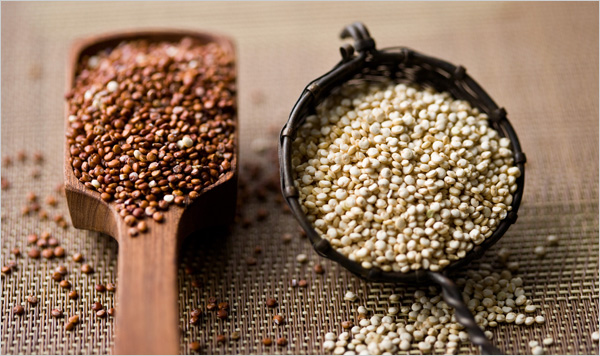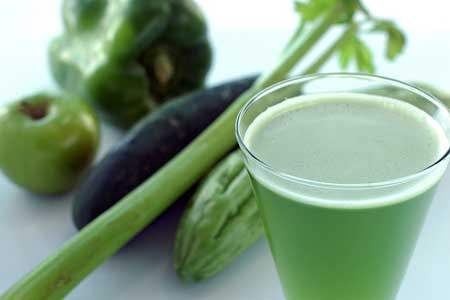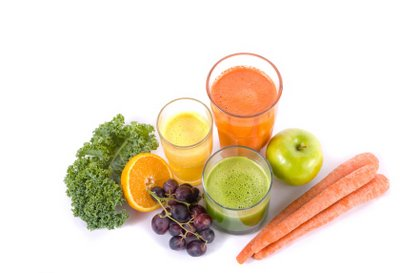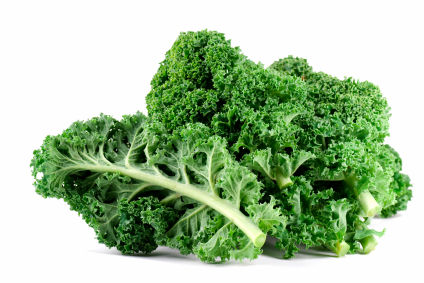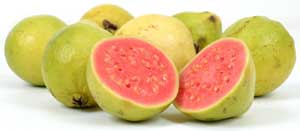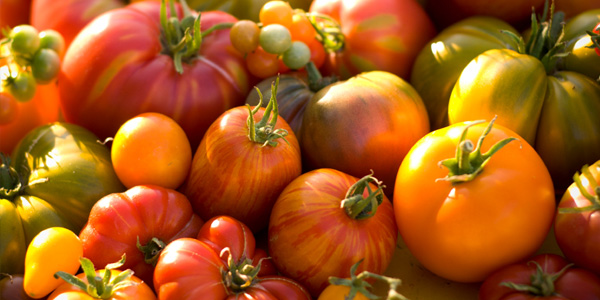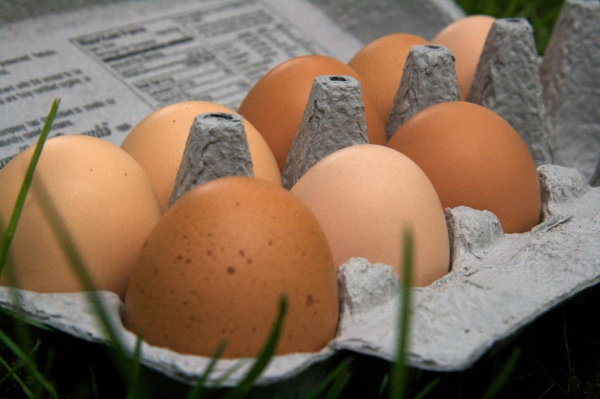
No nutrient rich food I can think of has been given a worse reputation than chicken eggs. Well, maybe raw milk is getting the boot now, but eggs are right there with them. The poor chicken egg has been blamed for high cholesterol, high fat and bacterial poisoning. But this stigma is rightfully and hopefully disappearing while the truth about eggs prevails.
Eggs are a storehouse of nutrients all contained in a built-in protective package. Unless you've chosen a vegan/vegetarian approach to food, I highly recommend incorporating eggs into healthy diet. But not just any eggs, as you will see below, but the highest quality eggs you can find. And let me explain why.


